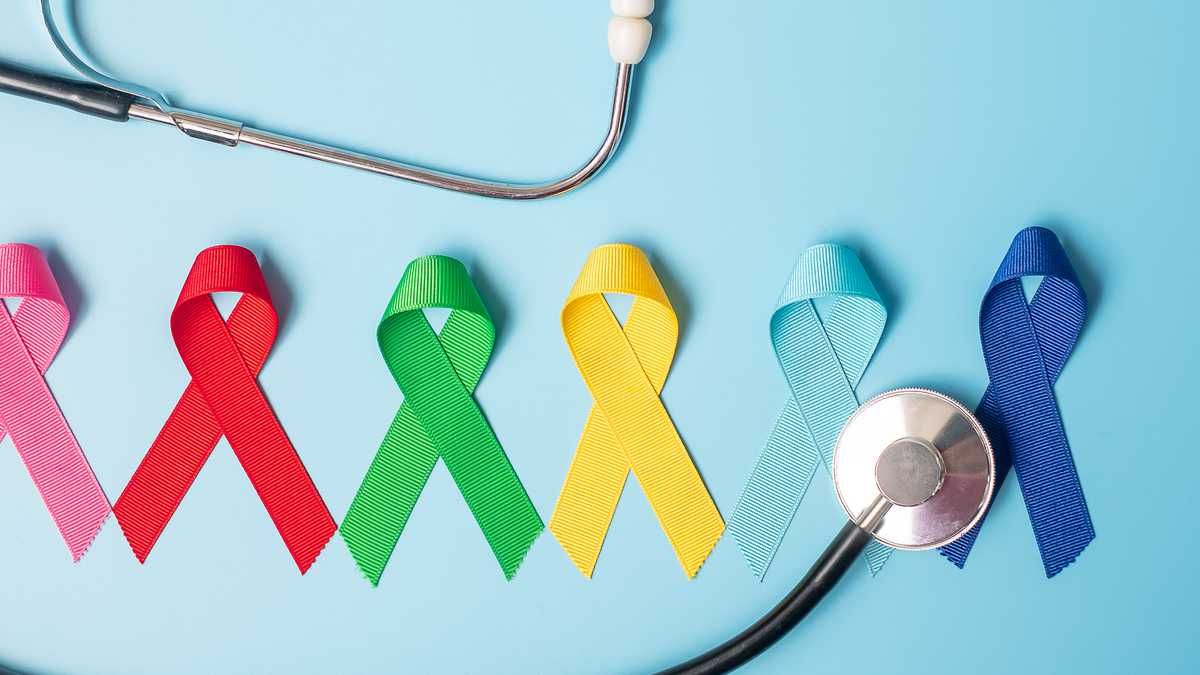The patient, in turn, goes through phenomena of depersonalization, it is difficult for him to recognize himself within the new context: having to undergo treatment, the physical changes that these bring about, changes in lifestyle and, above all, knowing that he is mortal. He begins to think about this “not to be” that Benedetti spoke; And one of the typical questions that many patients ask themselves is precisely this: “That I am?”sometimes it’s not even “who I am?”. The fear of the annihilation of life also brings with it the fear of the disappearance of the self, something that is much more abstract and complex. Will this experience help us to “open life”? Or to leave it “in parentheses” and pretend like nothing happened?
Cancer is an experience that we always think happens to someone else, that touches us from the side, but, what happens when it happens to one? Everything begins to resignify itself and it will be positive for coping to cover the experience with meaning, which will be dynamic and, moreover, very personal.
Cancer patients will have to go through many different griefs and losses after receiving the diagnosis: not only the loss of their health, but also that of their sense of control, sometimes the possible loss of autonomy and the ability to procreate. And the duels that he goes through due to changes in his lifestyle, due to projects that are postponed or cancelled, due to his image of himself. These aspects often remain in the background, since the urgent thing is to heal the body, but it is important not to stop reviewing these issues to improve coping and the resources available to the patient and his family so that, in that way, way, you can go through the disease as calmly as possible.
maintain daily life “as normal as possible” continuing to perform tasks that give one pleasure, being able to maintain close ties, being able to have a space to talk about what one feels physically and emotionally become necessary for positive coping with the disease. Of course, it is important to maintain the necessary care. In any case, we must also be aware that, although the patient has positive resources, he may not be positive every day or all the time. There are days and days, and it is necessary to be very careful with always demanding that it is: this can produce extra pressure and other negative emotions.
ACLA is a non-profit association that works by disseminating information, creating meeting spaces and offering guidance to patients with lymphoma, myelodysplastic syndromes and myelofibrosis, in order to help the knowledge of the disease, providing support and thus contributing to improve the quality life of people living with these diseases. Since 2017 we have provided emotional support workshops and other types of activities aimed at containing patients and accompanying them in the process of their illness.
To all those interested in joining any of these actions, we invite you to be in contact through our social networks and other contact channels.
The next free meetings of emotional support for patients with lymphomas will be on Wednesday, May 11 at 6:00 p.m. (ID: 832 6101 4604 – Password: ACLA) and for patients with myelofibrosis it will be on Monday, May 16 at 6:00 p.m. (ID: 824 9121 1767 – Password: ACLA)
Psychologist of the Civil Association Lymphomas, Myelodysplasias and Myelofibrosis of Argentina (ACLA) (MN 63.094)
Source: Ambito




